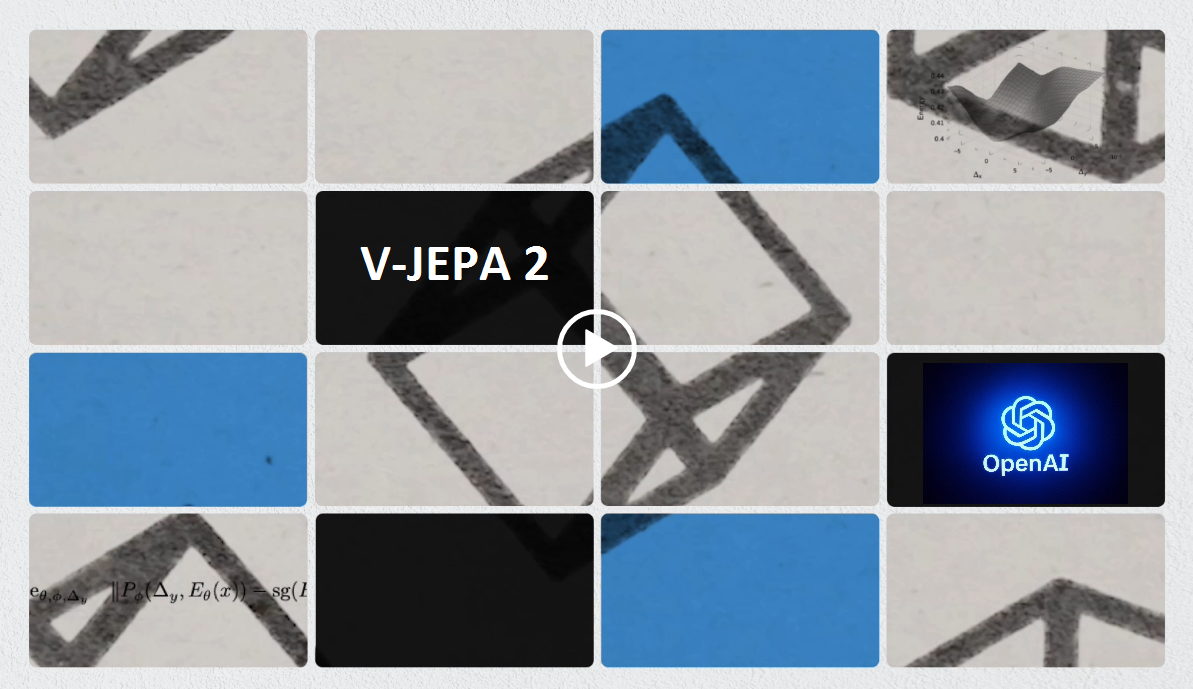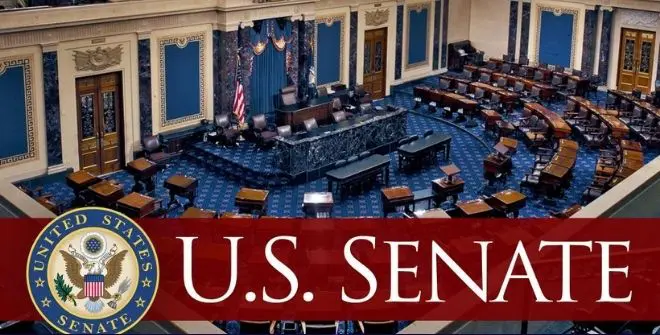
Welcome to The Daily InLeo! We pull the best articles in Finances, Crypto news, and Hive/Leo into one condensed information-packed space.
Be sure to follow @thedailyleo so you never miss the Daily LEO. You can also subscribe to the newsletter here [Subscribe to the Daily InLEO](https://inleo.substack.com/)
***

---
***
**PayPal Expands Support for Solana and Chainlink**
***
**Meta AI unveils V-JEPA 2 to enhance AI’s physical reasoning**
***
**The Rise of Energy-to-Intelligence Models**
***

***
**U.S. Senate Advances GENIUS Act Toward Stablecoin Regulation**
LeoDex, XChat, and New FinTech Solutions
___ Financial technology (fintech) and artificial intelligence (AI) sub-sectors of technological innovations are rapidly reshaping the global economic landscape and expanding access to digital assets and intelligent systems. Payment giants like PayPal are fortifying the TradFi-DeFi bridges, Meta AI is advancing physical reasoning for autonomous systems with V-JEPA 2 launch, and many more. The convergence of these technologies is unlocking new possibilities. Meanwhile, the rise of energy-to-intelligence models through tokenization and the U.S. Senate’s progress on stablecoin regulation via the GENIUS Act signal a transformative shift toward a more decentralized, intelligent, and regulated digital economy. These developments highlight the growing synergy between fintech and AI, which will greatly redefine operations across several industries. The featured articles in this newsletter are worth your reading time.

Payments giant PayPal has introduced support for Solana and Chainlink, alongside its PYUSD stablecoin, for U.S. customers, enabling users to buy, hold, sell, and transfer these assets directly within PayPal and Venmo wallets. With this, PayPal is significantly expanding its cryptocurrency offerings and deeply embracing the digital asset industry by traditional finance. This development, which includes allowing U.S. business accounts to engage with crypto, emphasizes PayPal’s strategic push to bridge traditional finance with the rapidly growing crypto ecosystem. The integration of high-capacity blockchain networks and responding to retail and developer demands positions [PayPal as a leader in the evolving financial sector](https://inleo.io/@taskmaster4450/paypal-expands-its-crypto-tradfi-embracing-the-industry-dn), which will lead to wider mainstream adoption of cryptocurrencies.

Meta AI has unveiled V-JEPA 2, an advanced AI model designed to enhance machines’ understanding of the physical world through video-based self-supervised learning. Building on its predecessor, V-JEPA 2 is trained on over 1 million hours of video, enabling it to predict physical interactions and reason about cause-and-effect scenarios, such as how objects move or respond to actions. [This “world model” aims to equip robots and AI agents with human-like intuition](https://inleo.io/@mickymouse/meta-ai-unveils-vjepa-2-to-enhance-ais-physical-reasoning-6mg) for tasks like navigation and object manipulation, marking a step toward artificial general intelligence. Meta also introduced three new benchmarks to evaluate AI’s physical reasoning capabilities, reinforcing its commitment to advancing autonomous systems.

The rapid conversion of energy into intelligence through tokenization is a future-driven concept that could revolutionize economic and technological systems. Recent advancements in AI, blockchain, and energy efficiency are converging to create a world where digital tokens represent assets, services, and even intelligence itself, enabling faster and more decentralized transactions. This ["energy-to-intelligence" model](https://inleo.io/@taskmaster4450/the-future-energy-to-intelligence-6tt) is seen as a key driver for future innovation and will transform industries by democratizing access to resources. The accelerating pace of token creation will be central to this paradigm shift, shaping a more interconnected and intelligent global economy.

The U.S. Senate has advanced the GENIUS Act, a bipartisan bill aimed at establishing the first federal regulatory framework for stablecoins, digital currencies pegged to assets like the U.S. dollar. The legislation, which cleared a key procedural vote with a 66-32 bipartisan majority, seeks to provide regulatory clarity, enhance consumer protections, and promote innovation in the $250 billion stablecoin market. Despite initial resistance from some Democrats over concerns about potential conflicts of interest, amendments addressing consumer safeguards and restrictions on tech companies issuing stablecoins helped secure broader support. The bill now moves to the Senate floor for further debate, with potential final passage expected after the Memorial Day recess, marking a significant step toward mainstream [integration of digital assets in the U.S. financial system](https://inleo.io/@uyobong/us-senate-advances-genius-act-toward-stablecoin-regulation-h9j).
***
**InLEO** is a blockchain-based social media platform for Crypto & Finance content creators. Our [tokenized app](https://inleo.io/threads) allows users and creators to engage and share content on the blockchain while earning cryptocurrency rewards.
### Subscribe to [The Daily InLeo](https://inleo.substack.com/) and start being up to date with the crypto & finance world!
Posted Using [INLEO](https://inleo.io/@uyobong/the-daily-leo-energytointelligence-revolution-bridging-tradfi-and-defi-1i)